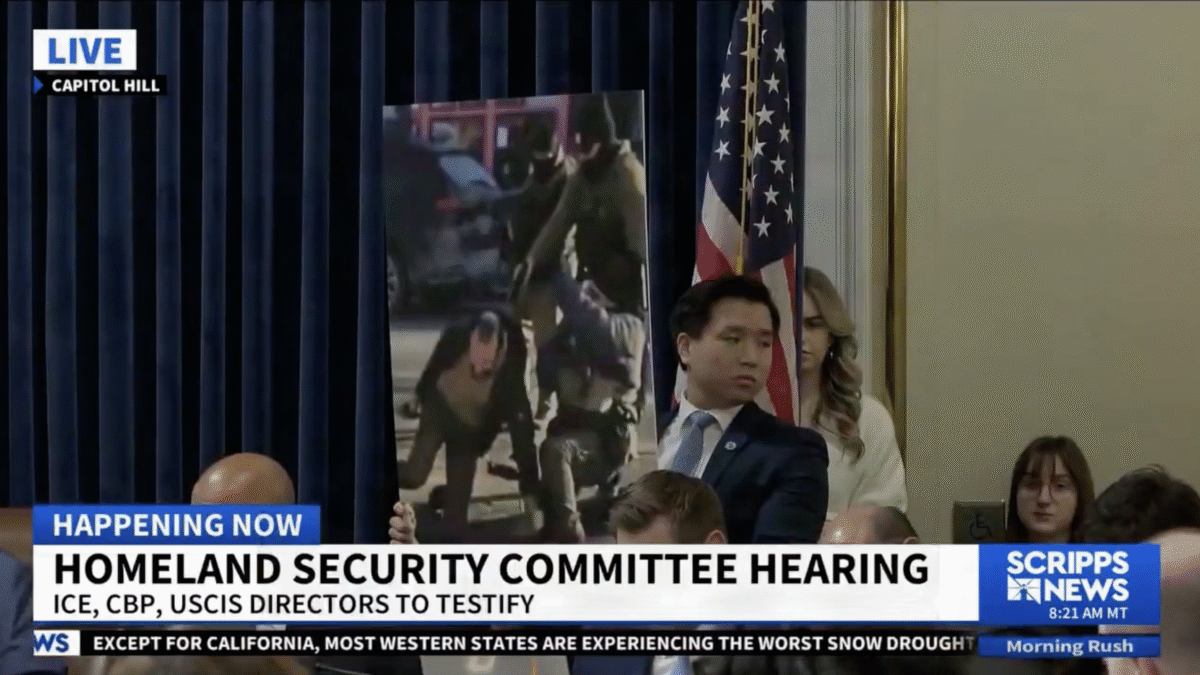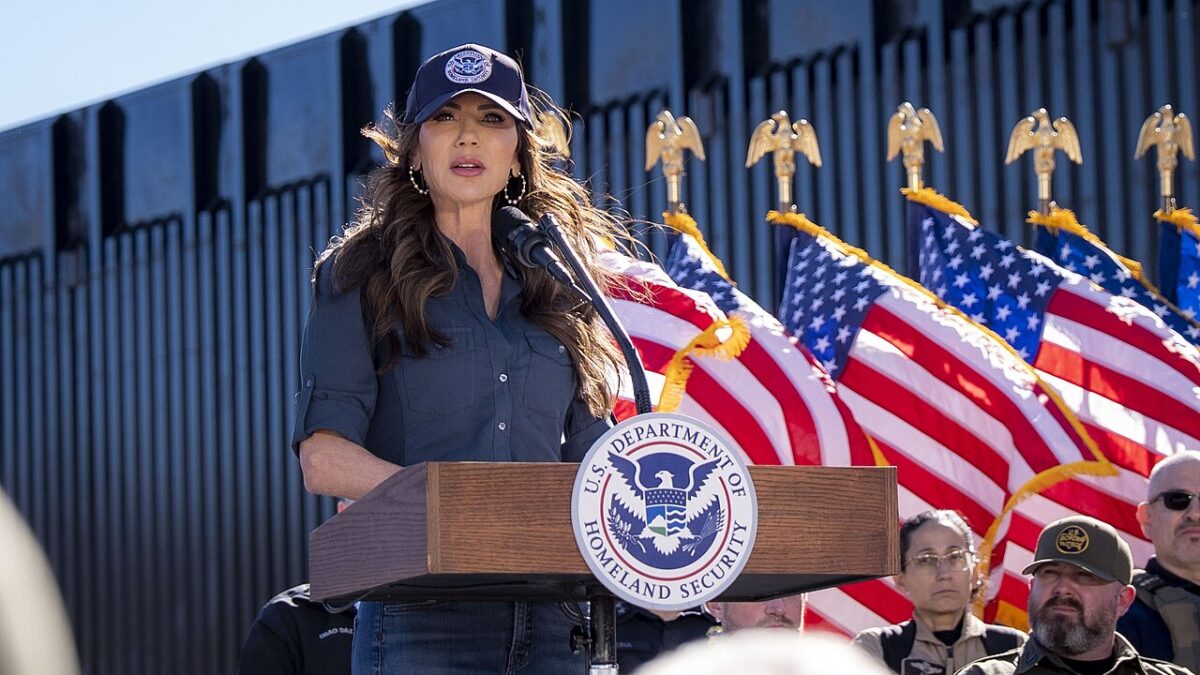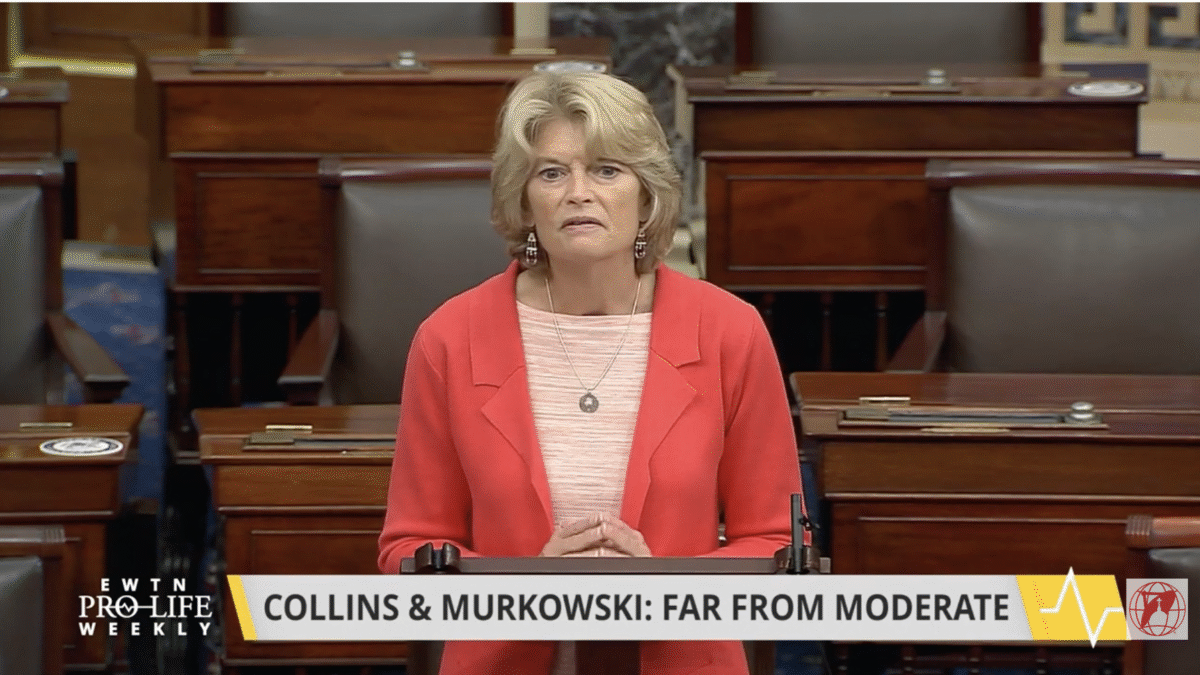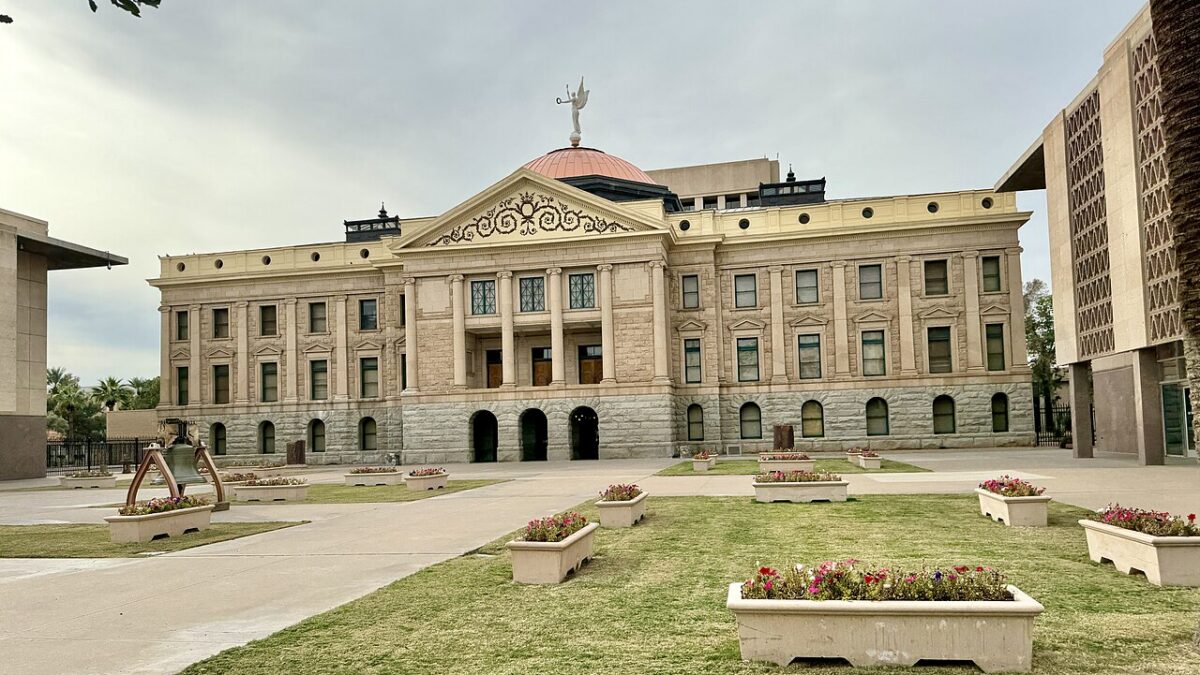Led by Texas Attorney General and soon-to-be-governor Greg Abbott, 17 states have sued the United States and the Department of Homeland Security because of the Obama administration’s immigration action. Before we dig into the lawsuit, let us stipulate that the best option for curtailing President Obama’s dubious immigration power grab is action from Congress to roll back his unilateral changes and to address an immigration system that all sides agree has failed. But absent congressional action—and there is good reason to think Congress will fail to stop Obama—there is an obvious and very American step that injured parties can take: they can sue.
The 17-state coalition in this lawsuit alleges that the Obama administration’s decision to create a class-wide amnesty program violates the president’s constitutional duty to faithfully enforce the laws and the executive branch’s legal duties under the Administrative Procedures Act. The courts have chastised this administration time and time again for attempted end runs around Congress—most recently in National Labor Relations Board v. Noel Canning, which curtailed Obama’s abuse of the appointments clause. Over the past six years, courts have shot down administration abuses of power at the departments of the Interior, Justice, Health and Human Services, and the Treasury, to name a few. That represents a growing trend, and it makes this the right case at the right time.
What The President Can and Cannot Do
The Constitution grants the president certain powers, but then restricts the exercise of presidential power. One of those restrictions, written in mandatory language, is that the president “shall take Care that the Laws be faithfully executed.” Some of Obama’s defenders claim that the take care clause is a grant of authorization for the president to enforce the laws as he sees fit. But that goes too far. While some level of enforcement discretion must be a part of faithful execution of the laws, it is obviously not the case that exempting entire classes of people from laws that Congress specifically directed at them constitutes faithful execution. At that point, the executive branch is not engaged merely in exercising its discretion, but in contravening Congress’ wishes in violation of the Constitution.
Additional restrictions on executive power are found in statute. It is easy to forget that, although the president runs executive agencies, they are creatures of the legislature. As such, they are bound to conform to Congress’ wishes in the exercise of their authority. A recent example of this is the Supreme Court’s rejection of the Department of Health and Human Services regulations forcing small businesses to pay for contraceptive healthcare coverage. The high court held in Burwell v. Hobby Lobby that Congress had forbidden such executive action when it passed a 1994 law, the Religious Freedom Restoration Act.
How the Obama Administration’s Immigration Orders Violate the Law
The seventeen-state coalition in the instant lawsuit argues that Department of Homeland Security Secretary Jeh Johnson violated the Administrative Procedures Act (APA) when he issued a memo directing DHS to create a “deferred action” program for millions of aliens unlawfully present in the United States. That Johnson memo, in conjunction with a memo on prosecutorial discretion, constitutes the official implementing document for Obama’s immigration action, which the news media has occasionally and sloppily referred to as an executive order or an executive action. However, the APA requires, among other things, executive agencies to provide advance notice and a period for public comment before issuing new rules or regulations. The 17-state coalition rightly points out that DHS did not employ the ordinary notice-and-comment procedure before creating the new immigration program and argues that the program therefore violates the APA.
This is an ambitious lawsuit. The constitutional question of just what the take care clause means, particularly the word “faithful,” has never been settled by the courts. Moreover, courts have in the past resisted being pulled into disputes over whether executive discretion can be limited when it is applied too broadly. On the other hand, President Obama’s own legal advice gives some reason to doubt that the immigration action is a proper exercise of discretion. We subsequently learned that the president’s legal conclusion was itself based on a false statistic. That makes this lawsuit one of the most promising vehicles to curtail not only Obama’s immigration action, but future power grabs by presidents claiming to be engaged merely in enforcement discretion as opposed to rule- or law-making. The alternative, as we have previously discussed, is a dangerous executive power arms race.








